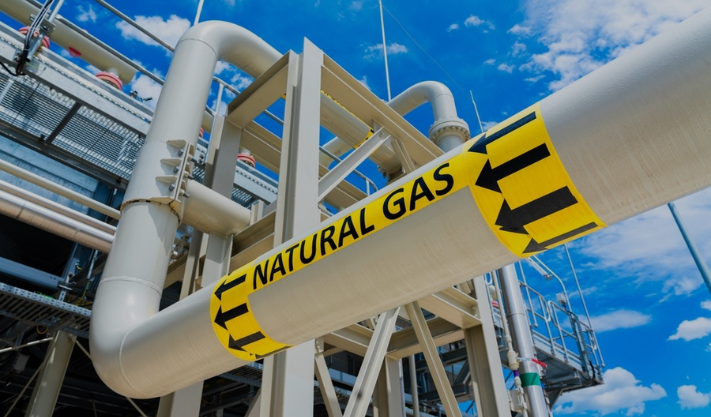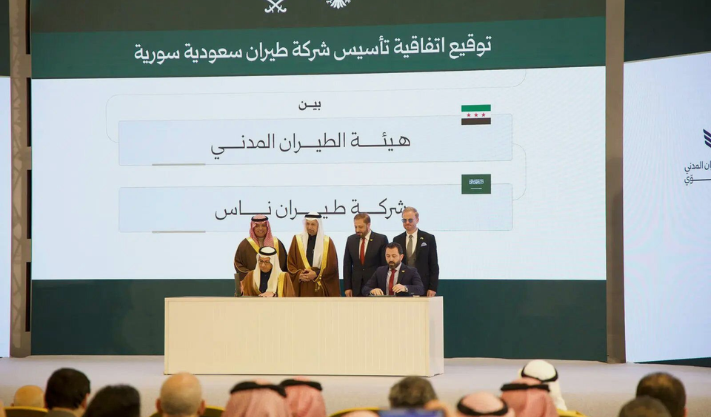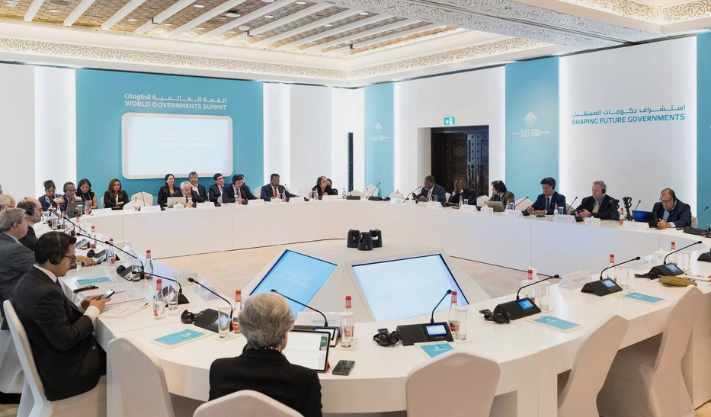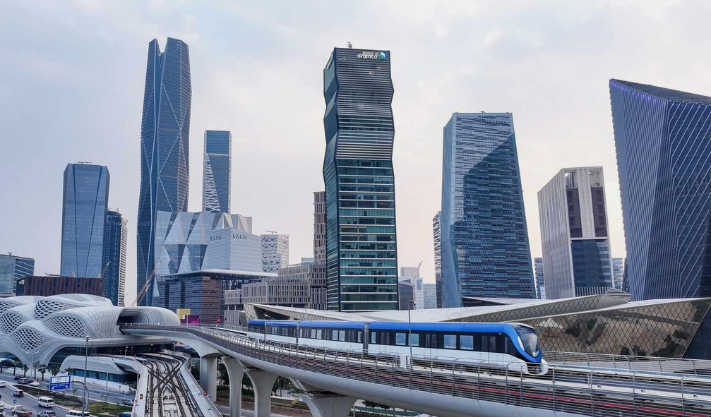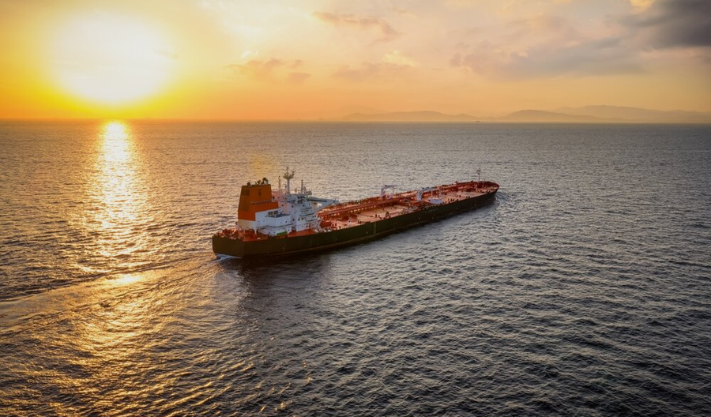Even with Israel-Iran Ceasefire, Egypt Faces Power Cuts Due to Gas Shortage
Egypt is facing a worsening energy crisis after Israel stopped sending natural gas on June 13 because of its conflict with Iran. This stoppage is causing problems for Egypt’s power supply and fertilizer production. It is making last year’s long power cuts even worse and showing how weak the long-time gas partnership between Egypt and Israel has become due to rising tensions in the region.
Egypt’s Gas Crisis Explained in Simple Terms
Egypt is facing a serious gas shortage after Israel stopped gas exports from its Leviathan and Karish fields. Israel’s Energy Minister said this was done for security reasons and to protect their own gas reserves. Right now, only Israel’s Tamar field is still working, and it’s just enough for Israel’s own needs, with only small amounts left for export. These small amounts haven’t helped Egypt much, which now has a big shortage.
The crisis started after tensions between Israel and Iran increased. Israel bombed Iranian targets, and Iran hit back with missile attacks on Israel’s gas fields and even a US base in Qatar. A short ceasefire attempt failed, and the violence continues.
Egypt depends heavily on Israeli gas, especially since its own gas production has dropped to the lowest level in seven years. In October 2024, Egypt was 16.5 billion cubic meters (bcm) short of what it needed. In 2023, about 60% of Egypt’s gas imports came from Israel. In March 2025 alone, Egypt imported 0.9 bcm from Israel.
With gas supplies disrupted, Egypt is now forced to buy expensive liquefied natural gas (LNG) and burn dirty fuels like diesel and mazut, which are bad for the environment and cost more money—further hurting an already weak economy.
History of Egypt-Israel Gas Cooperation
Egypt and Israel began working together on gas in 2005. Egypt used to send gas to Israel through a pipeline, but this stopped in 2012 due to attacks and disagreements. Then, Israel found big gas fields (Tamar, Leviathan, Karish) and started sending gas to Egypt in 2020, using the same pipeline.
Egypt needed Israeli gas because its own gas output, especially from the Zohr field, kept dropping. In 2024, Israel sent more gas to both Egypt and Jordan, but the deal has always been controversial in Egypt.
Both countries are also part of the East Mediterranean Gas Forum (EMGF), which includes others like Greece and Italy. The group works together on gas projects and has signed deals with big companies like Total and ExxonMobil to explore more gas.
What Egypt Is Doing Now
Egypt’s government has taken emergency steps. It stopped gas supply to some industries, like fertilizer factories, to save energy for essential needs. Power plants are now using more diesel and mazut to keep electricity running. Energy Minister Karim Badawi wants to quickly finish work on a floating LNG import station at Ain Sokhna.
Egypt has made deals with companies like Saudi Aramco, Shell, and Trafigura to buy 290 LNG shipments over the next 2.5 years.
According to energy expert Ali Metwally, Egypt is acting fast, using floating import stations and securing LNG cargoes. But this solution is expensive, and Egypt needs to invest more in local gas production to avoid long-term problems.
Last year, many areas in Egypt had daily power cuts due to gas shortages, especially during extreme heat. The outages affected homes, businesses, and industries.
Egypt is now racing to buy more LNG and improve its own gas production. But it’s a tough road ahead, balancing power needs, economic pressures, and regional instability.
Published: 25th June 2025
For more article like this please follow our social media Twitter, Linkedin & Instagram
Also Read:
Fitch Affirms UAE ‘AA-’ Rating, Sees 5.2% Growth in 2025
Iran Missile Blocked; Gulf Airspace Reopens Safely
Oman to Launch Income Tax in 2028 – Key Details Inside
